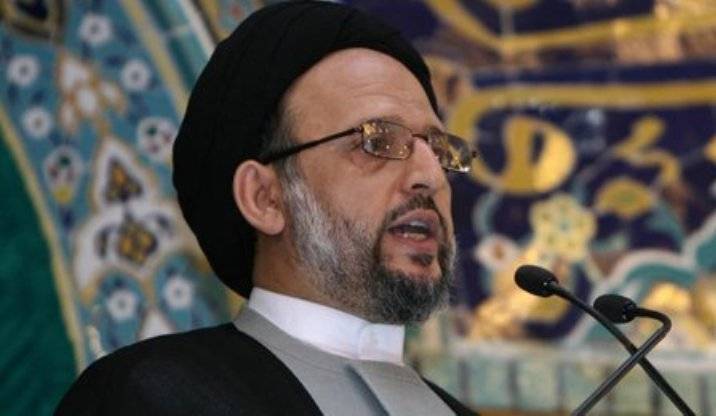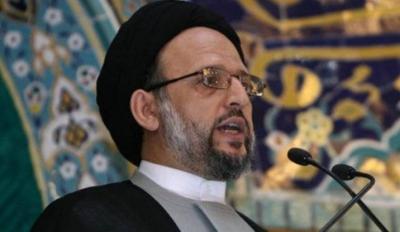Sheikh Ali Fadlallah urged the urgent formation of a competent government to create a psychological shock in the country, calling on the state to take responsibility and legislate deterrent penalties to address the rampant domestic violence.
He stated, "What we witnessed in the northern capital and other regions should not be hastily judged as the product of certain parties or agencies, even though we believe that intervening in any popular movement is a given in Lebanon. This is reflected in what happened in Tripoli, which expressed the state of the people and their suffering, as they have become unable to secure the most basic necessities for themselves and their families, with a bleak future looming for their youth." He further added, "We fear that some of what we have seen in the manner of protests and the use of certain violent methods is an indicator of what could unfold in Lebanon if the situation continues with officials turning a blind eye or relying on temporary solutions or using force, while radical solutions for the economic reality and reviving the expected production wheel remain unaddressed. This can only be achieved by swiftly moving away from all the policies that have devastated the country and its economy by forming a competent government that can create a positive psychological shock and restore confidence in this country domestically and internationally."
He considered that "what happened serves as a warning to all those in positions of responsibility, urging them to stop playing with the fate of this country and its people. Otherwise, the public will not forgive them, and the excuses they have used to justify their negligence and inaction will be a curse upon them in the present and future."
Regarding the issue of domestic violence in Lebanese society, he remarked: "There is no doubt that Lebanese society is experiencing a state of social turmoil reflected in tensions within families. While we cannot attribute everything happening to this context, as every case has its causes and circumstances, we have repeatedly stressed the importance of not resorting to violence as a means of addressing problems within families, regardless of their nature, and instead adopting dialogue as a means to address the causes. We also emphasize the role of religious institutions and civic associations in promoting this language within families and assisting in resolving these issues and, most importantly, preventing them. The primary responsibility remains with the state to legislate and enforce deterrent penalties and not to lessen them as is currently occurring. If this continues, it will pave the way for the spread of crime and aggression, which Lebanon can ill afford amidst its accumulating problems and crises."




